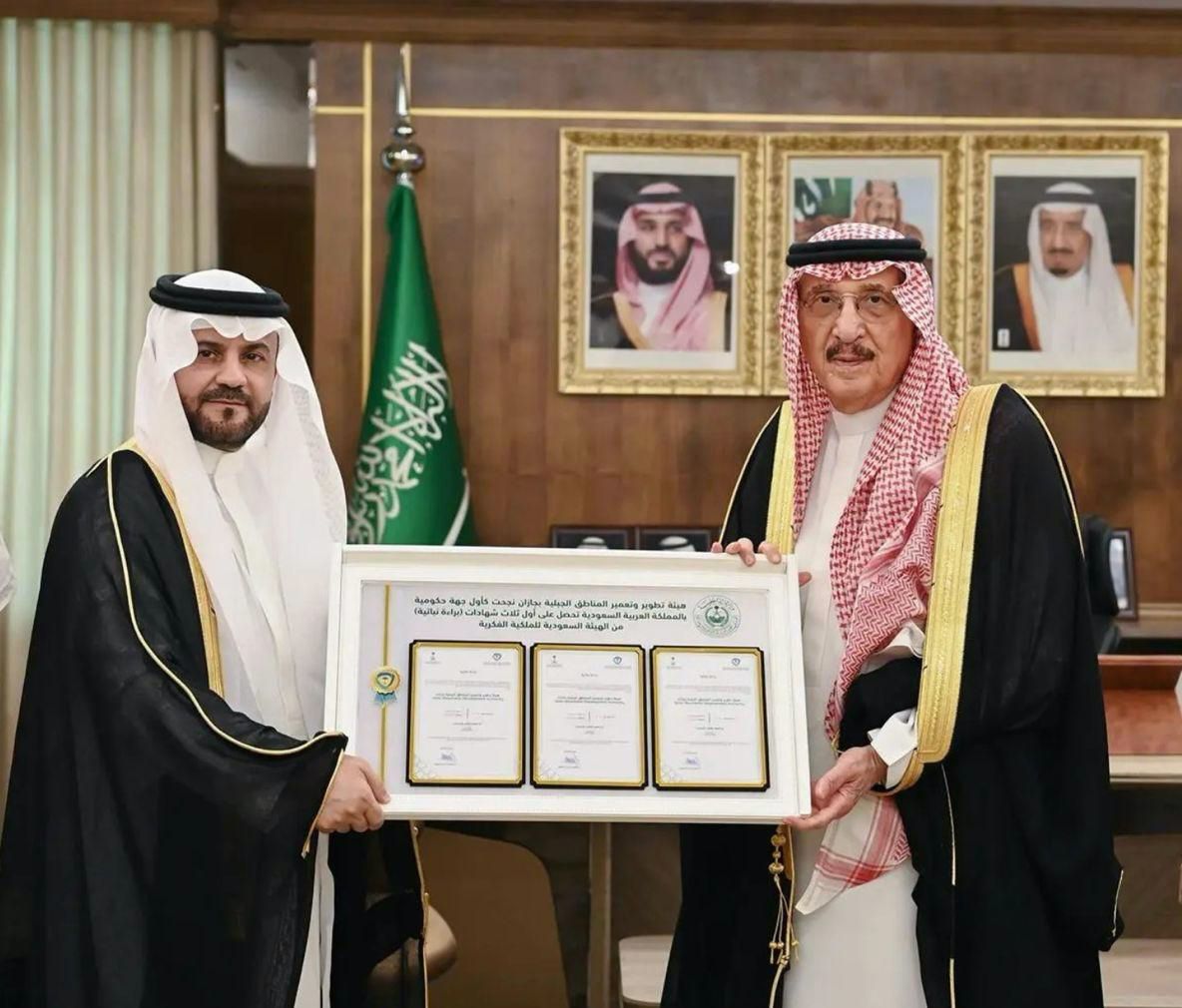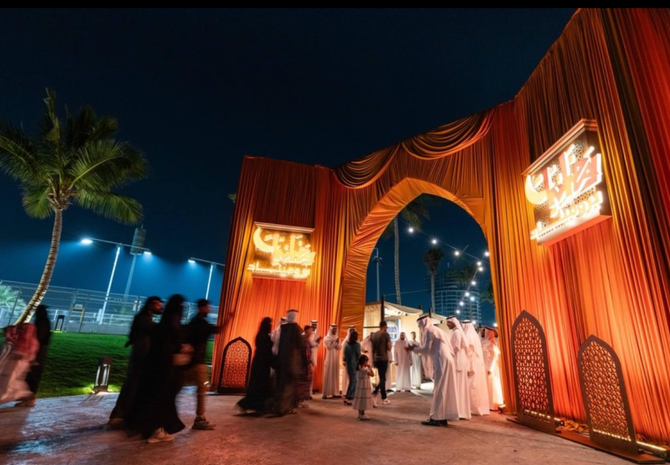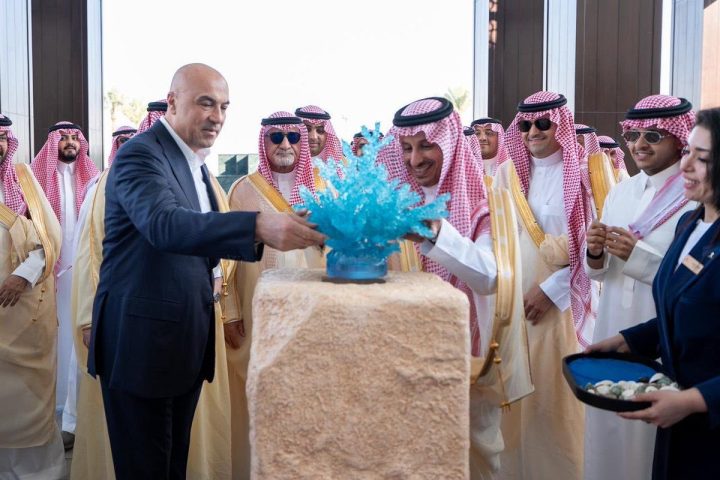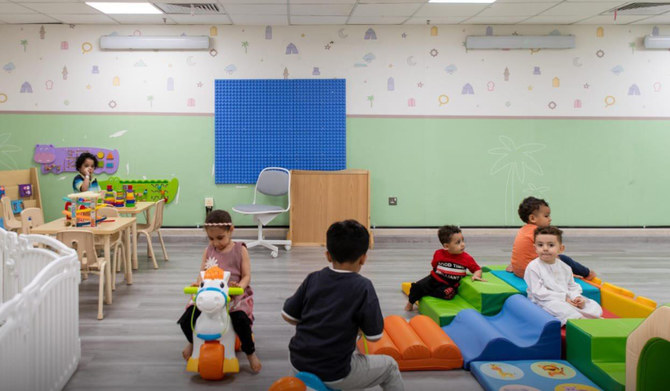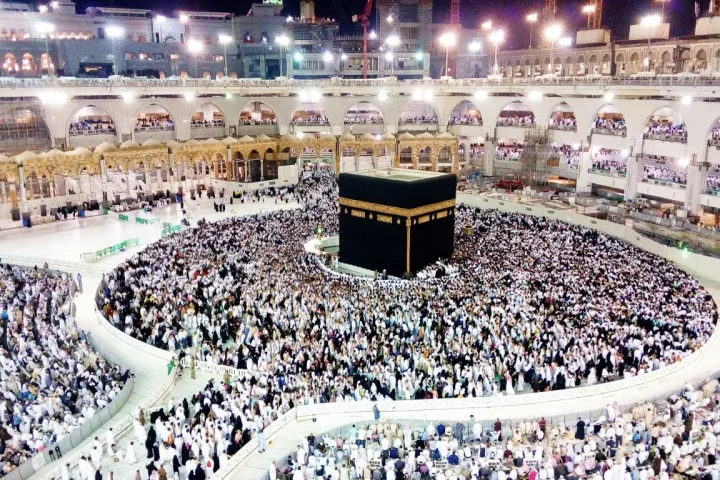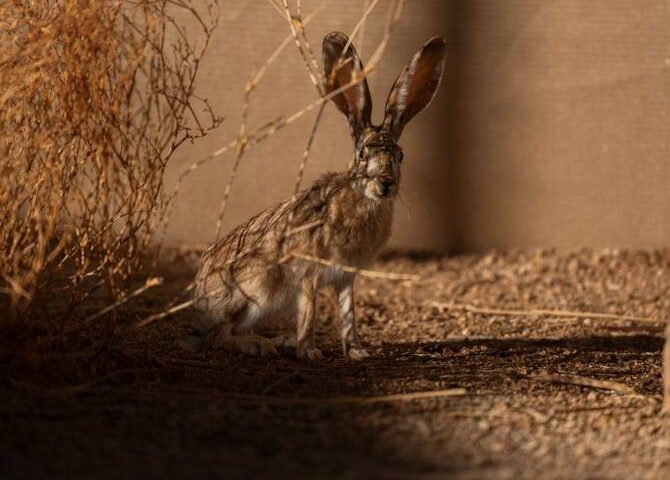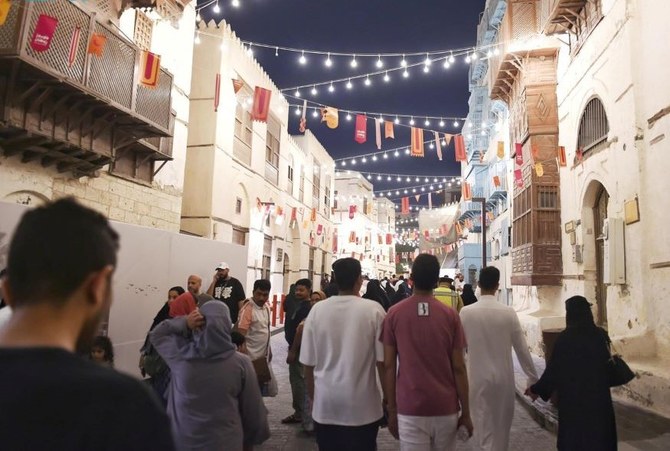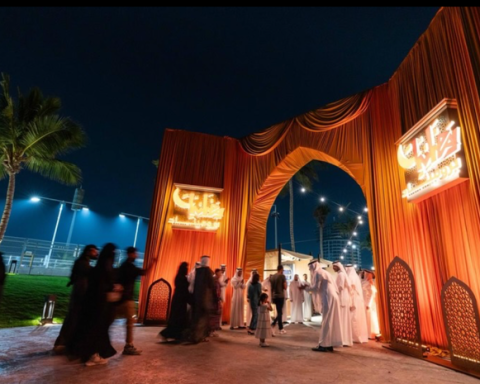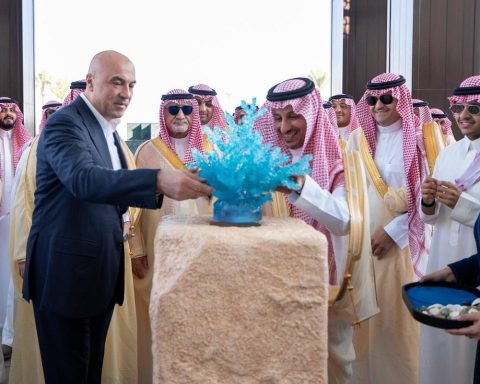In the heart of Saudi Arabia’s southwest, Saudi Coffee is writing a new chapter in its storied history with The International Saudi Coffee Exhibition 2025.
The nine-day event held from January 30 to February 7 in Al-Dayer Governorate served as a powerful illustration of this burgeoning industry.
More than just a showcase of rich aromas and robust flavors, the exhibition underscored the Kingdom’s commitment to elevating Saudi coffee to a prominent position on the global stage.
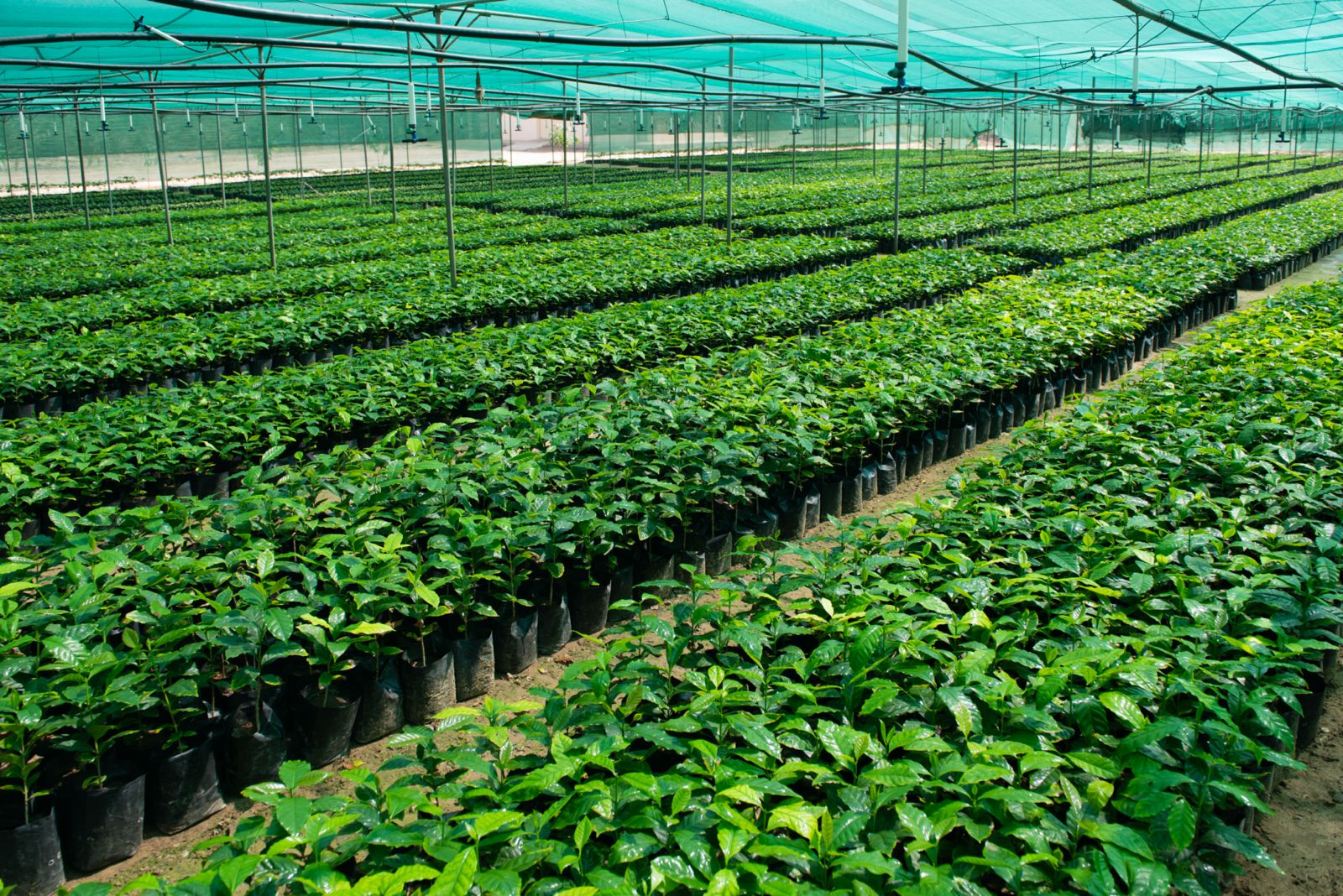
The exhibition was launched by HRH Prince Mohammed bin Nasser bin Abdulaziz, Governor of Jazan Region,
and organized by the Ministry of Environment, Water and Agriculture alongside the Jazan Region Development Strategic Office.
The event highlighted the multifaceted significance of Saudi coffee: a cherished cultural heritage, a dynamic economic driver, and an emblem of Saudi hospitality.
The exhibition wasn’t simply about celebrating the past, it was about strategically cultivating the future of Saudi coffee.
HRH Prince Mohammed bin Abdulaziz bin Mohammed bin Abdulaziz, Deputy Governor of the region and Chairman of the Supervisory Committee of the Strategic Office,
highlighted the exhibition’s role in “enhancing the system of national efforts to develop the coffee sector as a vital economic product,
an ancient cultural heritage, and a social symbol in the customs and traditions of Saudi society,” and in showcasing coffee farmers’ contributions.
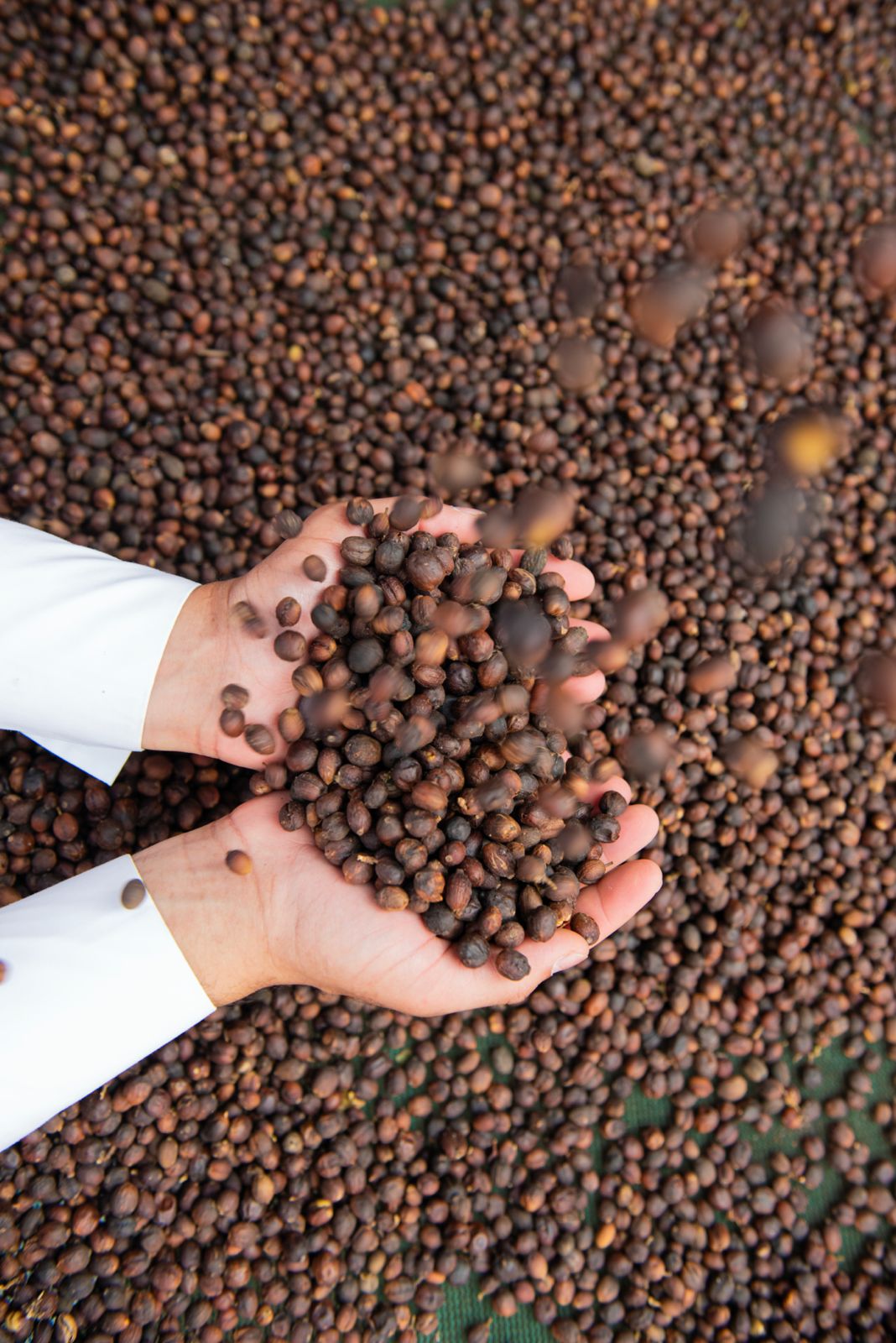
The newly inaugurated Saudi Coffee Center for processing coffee beans, created in partnership with Saudi Aramco, enhances the collaboration between the Authority and its stakeholders, including farmers from Jizan and other regions, the SCC, and coffee traders across the Kingdom.
This center is equipped with cutting-edge production lines and a quality control laboratory to support the processing of the coffee harvest.
Additionally, it features a training hall designed to offer farmers guidance and best practices in coffee farming and pest control.
The Authority’s nurseries, boasting an impressive annual production capacity of 300,000 seedlings, stand as the largest of their kind in the Middle East, marking a pivotal success.
To further enhance seedling production, the Authority plans to implement the Plant Tissue Culture Technique in collaboration with Jazan University and King Saud University.
Coffee production in the Jazan region has seen remarkable growth, doubling from 2021 to 2023.
Looking ahead, projections indicate continued expansion, with expectations of reaching 10,000 tons per year by 2030.
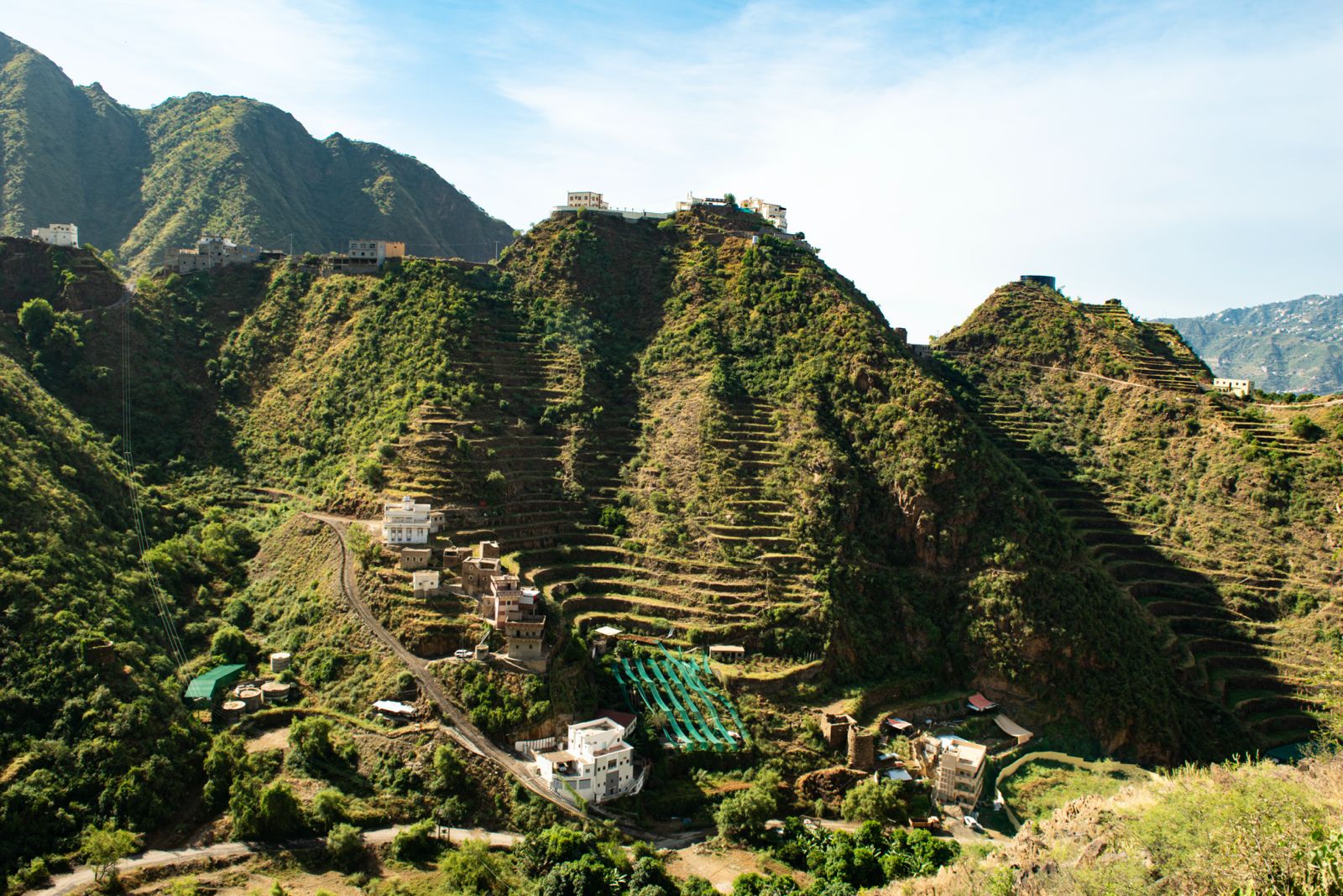
This ambitious target is fueled by significant investment plans announced in May 2022 by the Saudi Coffee Company (SCC), a subsidiary company of the Public Investment Fund (PIF).
The PIF aims to inject nearly SAR 1.2 billion into the national coffee industry over the next decade,
underscoring a strong commitment to elevating Saudi Arabia’s coffee production on a global scale.
As part of its commitment to fostering agricultural excellence, the Coffee Cooperative in Jazan organized meetings with farmers from Asir, Al-Baha, and Najran to exchange experiences and best practices, focusing on organic farming, tree care, harvesting, processing, and drying techniques.
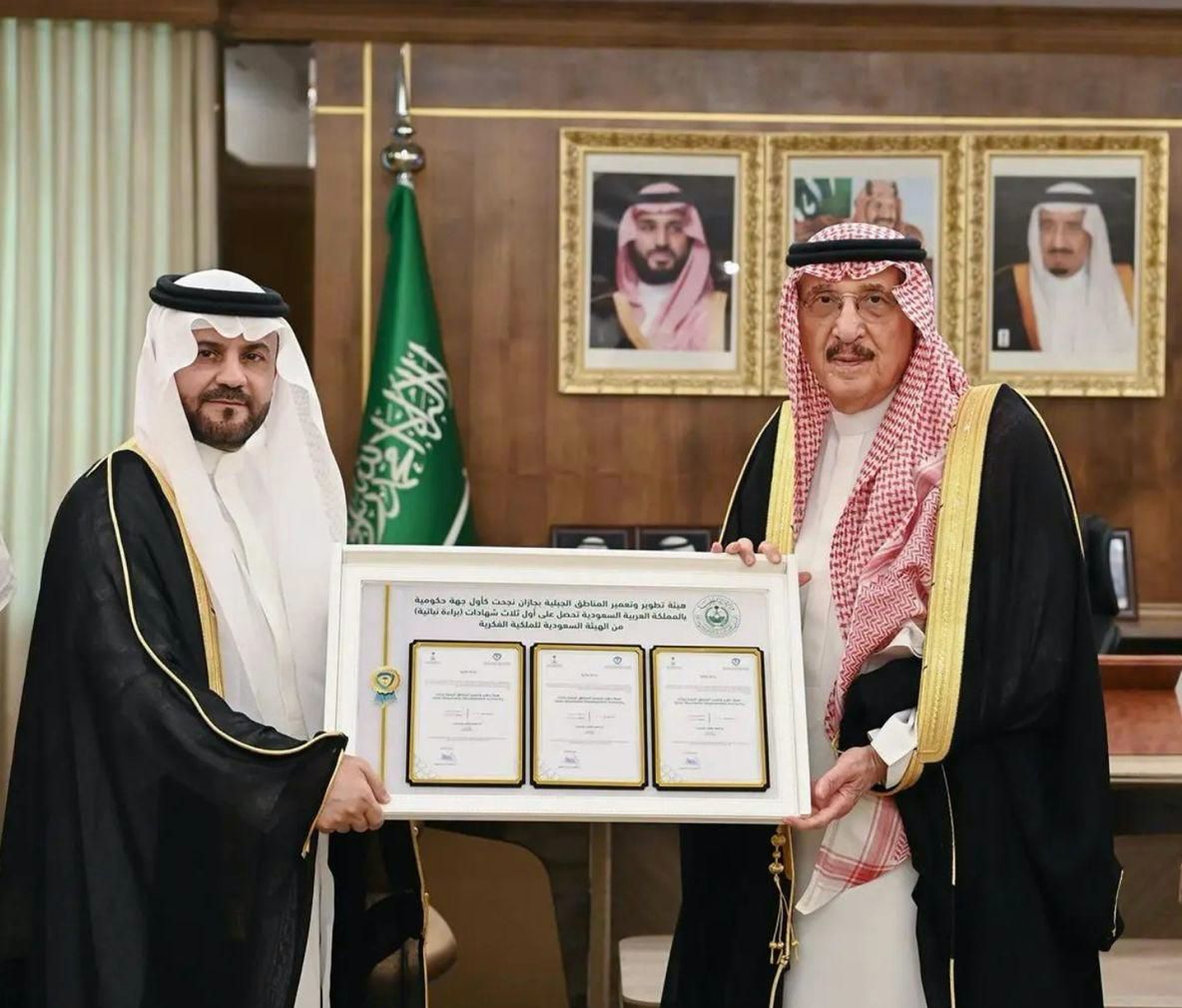
Salman Al-Maliki, Chairman of the Board of Directors of the Coffee Cooperative in Jazan, said this initiative supports sustainable agricultural development.
Agricultural cooperatives, such as the Jazan Coffee Cooperative, are crucial in advancing coffee cultivation.
As the first cooperative in Saudi Arabia dedicated to coffee, they are committed to improving farming practices, enhancing quality, and increasing marketing efficiency.
They offer farmers training, technical support, and sustainable resources.
Additionally, they share their expertise with other emerging cooperatives in regions like Asir, Najran, and Al-Baha.
Coffee cultivation is vital in boosting residents’ livelihoods in Saudi Arabia’s southern mountainous regions, primarily within the provinces of Jazan, Aseer, and al-Bahah.
Jazan, the leading coffee-producing province, possesses around 1 million coffee trees, yielding an annual production of around 2400 tons.
Aseer follows with approximately 40,000 trees, producing 333 tons per year.
Al-Bahah ranks third, with around 22,000 trees, yielding 108 tons annually.
Collectively, these regions contribute to the Kingdom’s annual coffee production of approximately 2,800 tons, according to the Coffee Cooperative of Jazan.
Eng. Abdulelah Idris, CEO of the Jazan Region Development Strategic Office, emphasized Jazan’s potential as a global coffee production and industry center, stating, “The exhibition is an appropriate platform to introduce the Kingdom’s efforts in developing the cultivation and harvest of coffee and the development of manufacturing industries associated with it,
in addition to the role of the International Coffee Exhibition in consolidating the position of the Jazan region as a tourist and cultural destination in the world of coffee.”
Hussein Almaliki, a local farmer living in Al-Dayer, is dedicated to improving the quality of Saudi coffee and shared insights into the collaborative efforts taking place in the Jazan Mountains.
“Currently, I work with a group of coffee farmers in Sarat Khawlan Mountains to improve agriculture and coffee processing,” he explained.
“We work every year on experiments to improve processing to reach something new and easy for farmers.
” Almaliki also participates in training programs with government agencies to educate local farmers and the younger generations on tasting and preparing coffee, building the foundation for future commercial projects.
In the Al-Abadeli Mountains, Kadhia Farms has become a hub of innovation with its fruit-flavored Khawlani coffee.
The owner, Tawfiq Al-Abdeli, has been at the forefront of this transformation.
Starting his journey in 2019, Al-Abdeli learned specialized treatment methods from Colombia, achieving remarkable success by 2021.
A pivotal factor in this success has been the adoption of new methods like anaerobic fermentation, which enhances the coffee’s natural flavors.
His use of local ingredients, such as Taif and Jazan roses, has resonated well, with audiences expressing pride in this national product.
The response to Al-Abdeli’s unique coffee flavors has been overwhelmingly positive, leading to distribution across 42 roasters in Saudi Arabia.
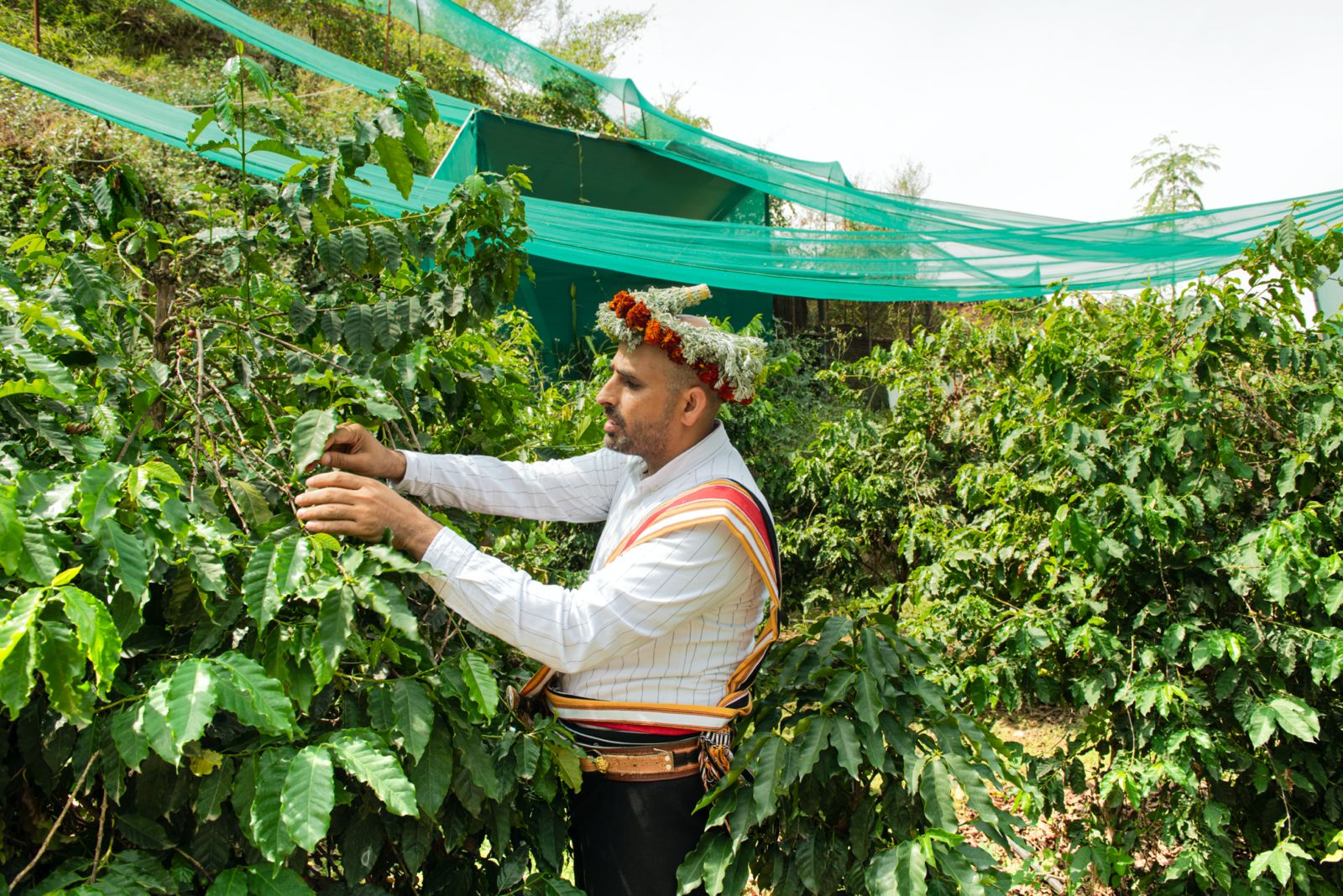
“Saudi coffee is presently in high demand due to its rare and distinctive quality,” Al-Abdeli stated, highlighting the growing global appreciation for these exceptional brews.
Saudi Arabia is gaining recognition for its high-quality Arabica coffee, with diverse varieties grown across the country.
Popular varieties include Khawlani, grown in six mountainous regions and considered among the world’s finest;
Shadawi from the Al-Baha Region; Asiri from the Asir region; and Najrani from the Najran Region.
In 2024, Saudi Arabia formally joined the International Coffee Organisation (ICO) by signing the International Coffee Agreement at the ICO headquarters in London.
This move integrates Saudi Arabia into the only intergovernmental coffee organization that compiles independent official statistics on coffee production and helps bring together exporting and importing Governments worldwide.
The Jazan Coffee Cooperative achieved a significant breakthrough by exporting the first shipment of Saudi coffee to Belgium and Eastern Europe in early 2025, marking a significant step in introducing Saudi coffee to global markets.
This achievement has bolstered the reputation of Saudi coffee and opened new avenues for Jazan farmers.
Exports are expected to grow substantially, reaching 10-15 European and Asian countries in the coming years.
The future looks bright for Saudi coffee on the world stage.
Written By: Jacqueline Jackaman
See More: Two-Day School Holiday in Makkah, Taif, and Jeddah for Formula 1 Event


